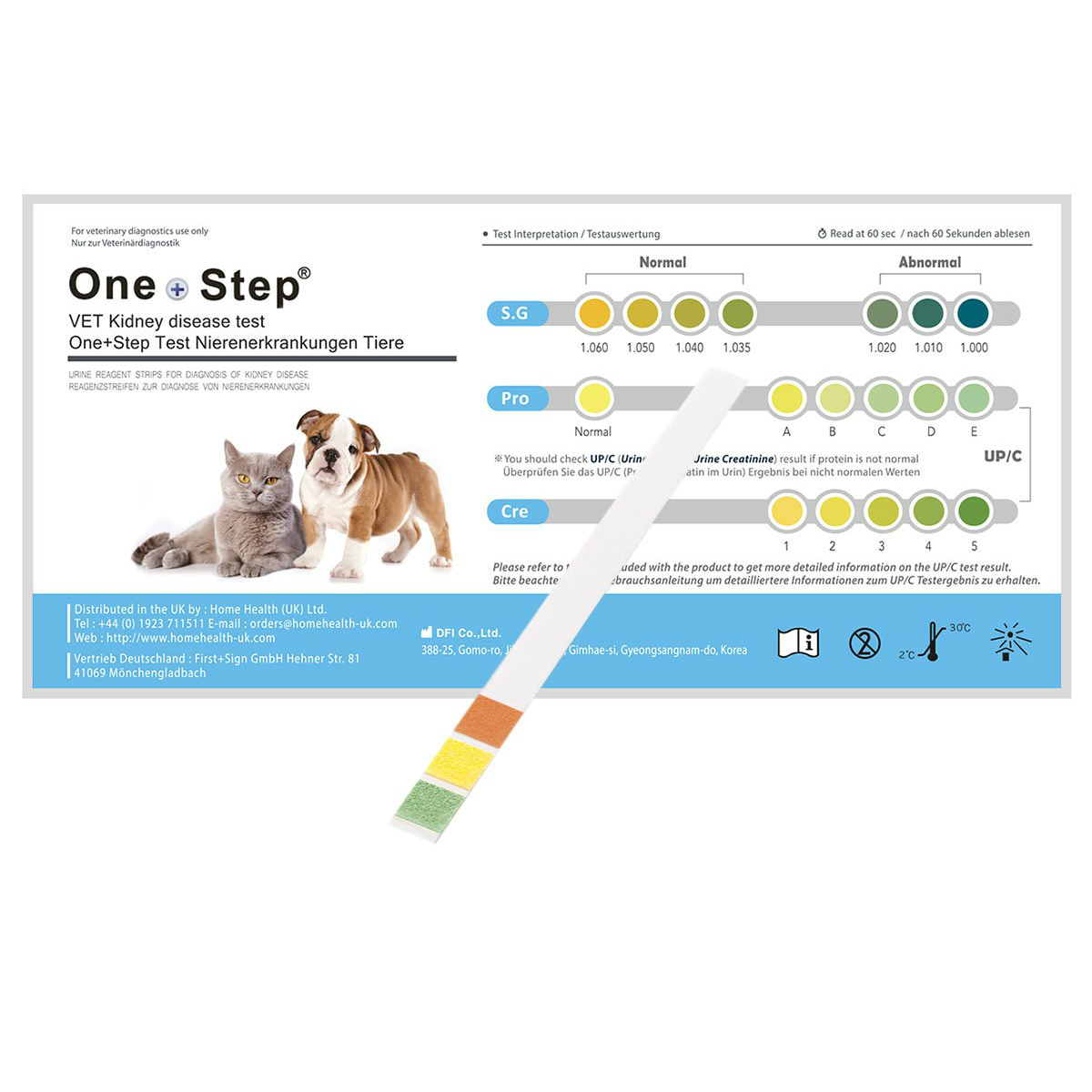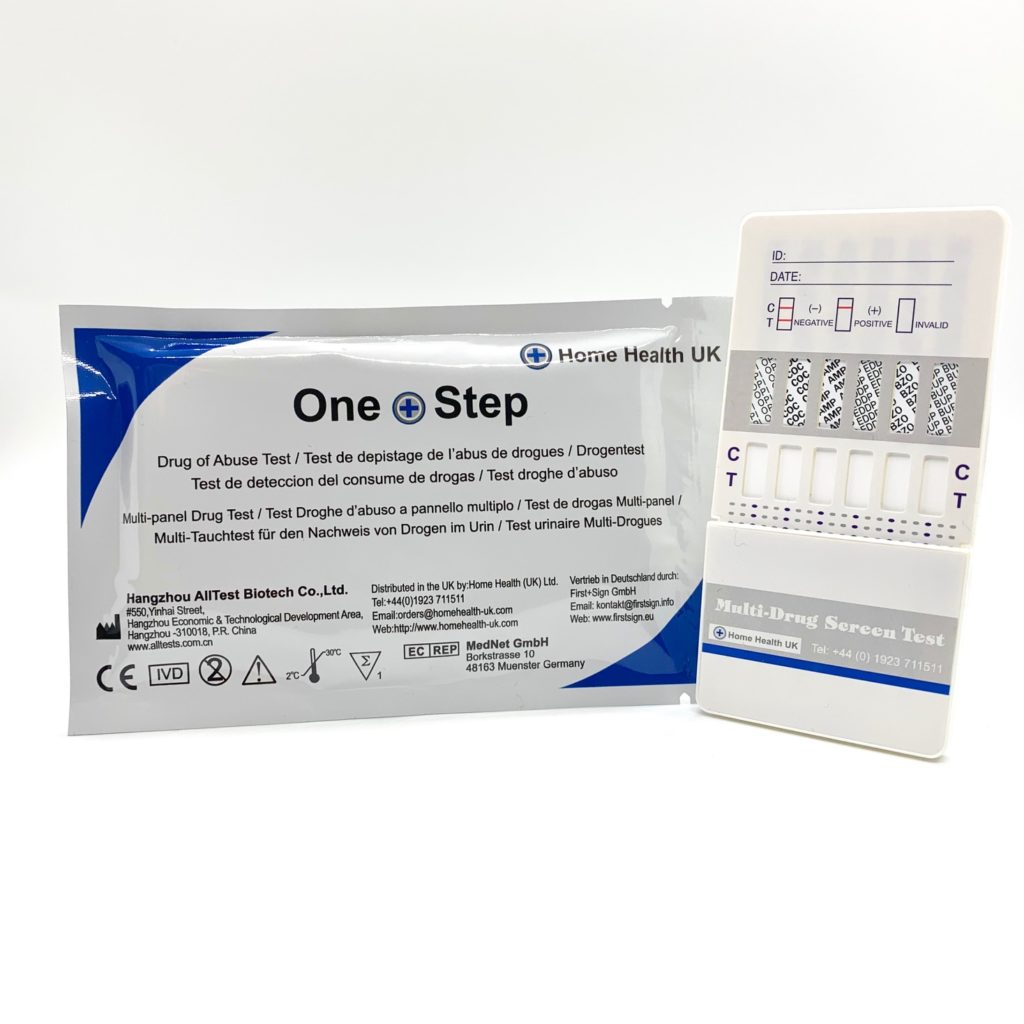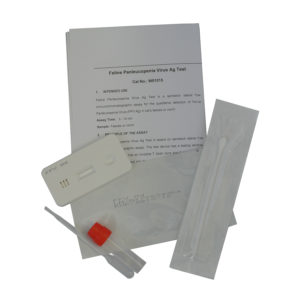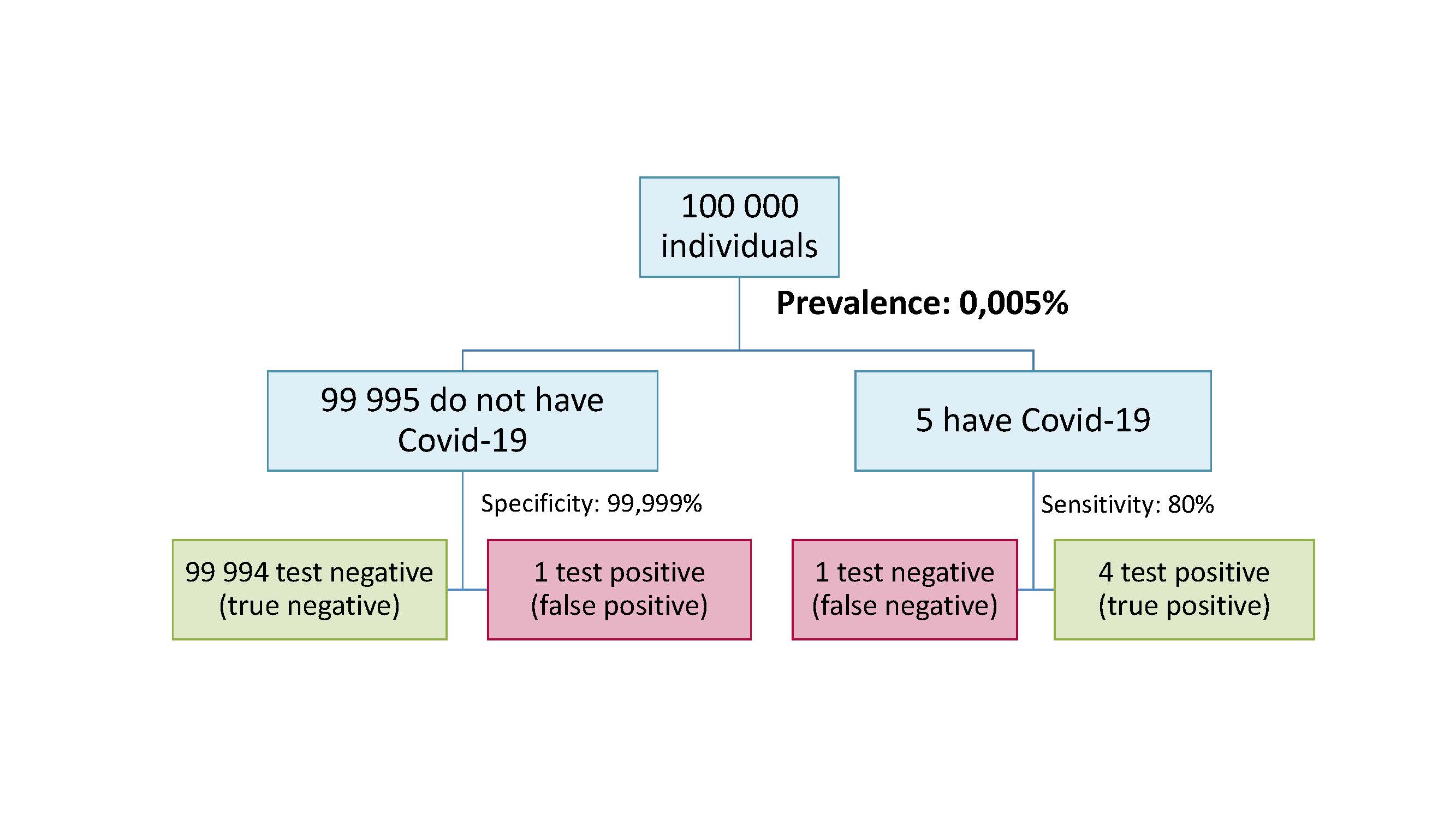Cat Allergy Test Nhs

Scientists discover cure for cat allergies is the premature claim in the daily telegraph.
Cat allergy test nhs. Do you suspect you may have a cat allergy. Read more about diagnosing allergies. A cat allergy is no laughing matter. This is particularly important if you have other allergic conditions such as asthma rhinitis or eczema.
The test of choice is an intradermal skin test as blood allergy tests are not considered as reliable. These tests are often of a lower standard than those provided by the nhs or accredited private clinics and are generally considered to be unreliable. Cat allergy symptoms it s likely that if you ve ever stroked a cat and soon after your eyes have started watering you ve become wheezy or your nose has become blocked you ve got a cat allergy. The use of commercial allergy testing kits isn t recommended.
This test is riskier than other forms of testing as it could cause a severe reaction but is the most accurate way to diagnose food allergies. The only way to diagnose a food allergy is to feed your cat a prescription or hydrolyzed protein diet exclusively for 12 weeks that means no flavored medications or treats. Here are the top allergies related to cats and ways to help you enjoy the company of your feline friend without feeling rotten. There are two types of skin allergy tests a skin prick test and an intradermal skin test.
Test for allergies to cats. They can help determine whether the symptoms are caused by an allergy or another condition. Wearing a medicalert or medi tag medallion or bracelet can make others aware of your allergy in an emergency. Preventing severe allergies anaphylaxis if you re at risk of experiencing a severe allergic reaction anaphylaxis make sure you carry 2 adrenaline auto injectors with you everywhere.
Skin testing and blood tests. Severe allergic reaction anaphylaxis in rare cases an allergy can lead to a severe allergic reaction called anaphylaxis or anaphylactic shock which can be life threatening. And challenge testing is always carried out in a clinic where a severe reaction can be treated if it does develop. Most cat allergies are caused by an abnormal immune response to what is known as dander the microscopic particles of dead skin shed by cats and other animals with fur or feathers.
Before you plan on what to do next it is important to discuss your allergy with a gp or health professional. But it is unclear what biological processes are involved when a person has an allergic reaction to cat dander.












































